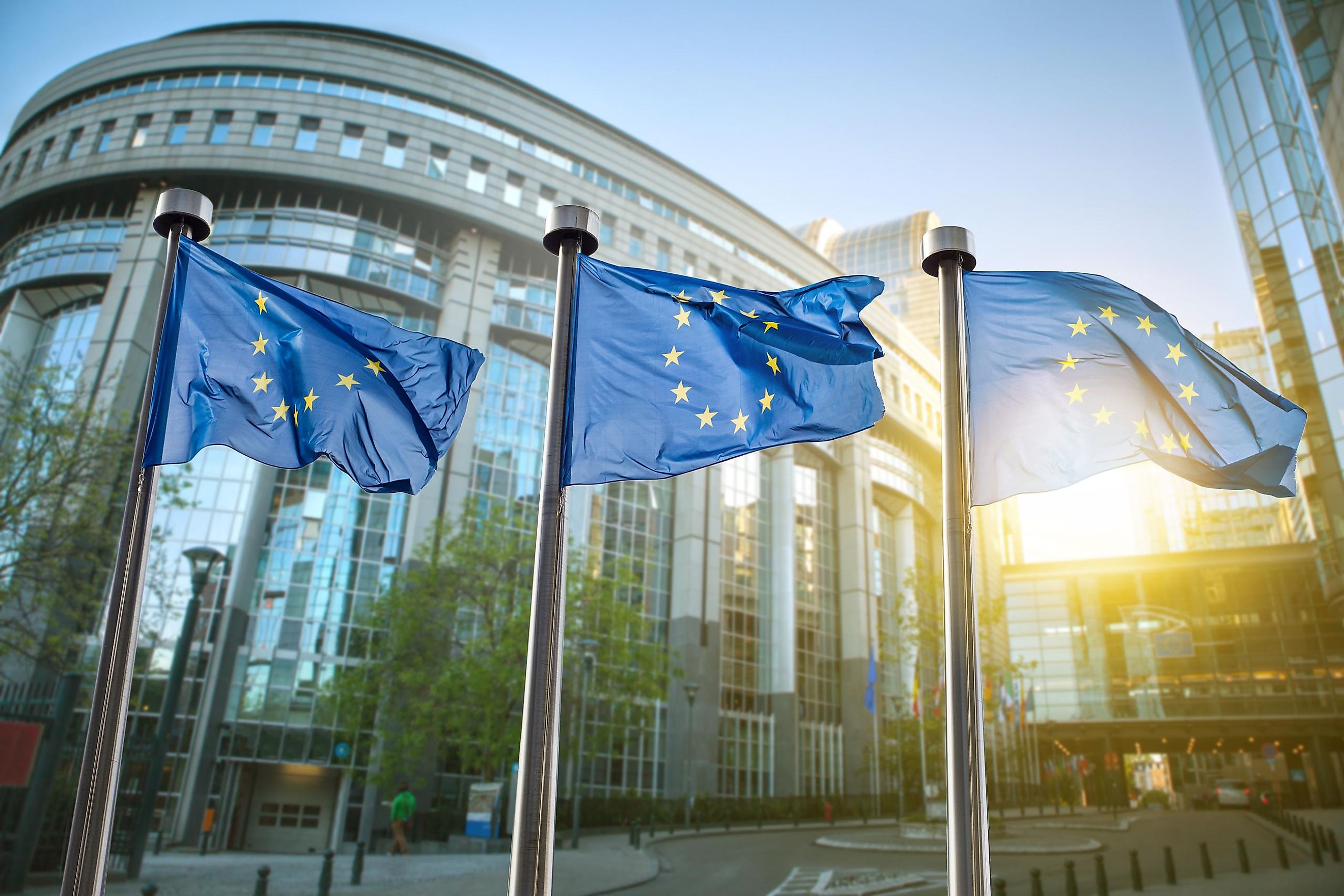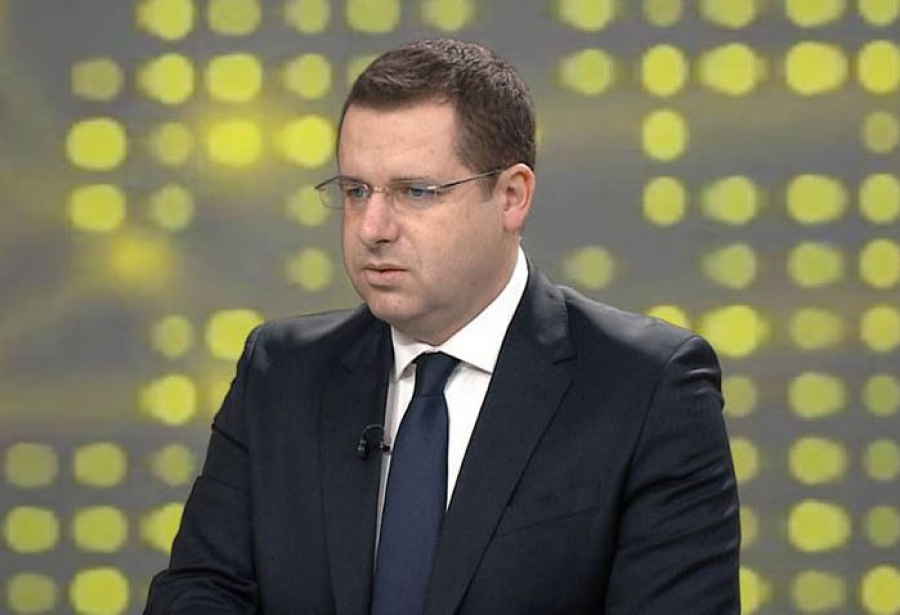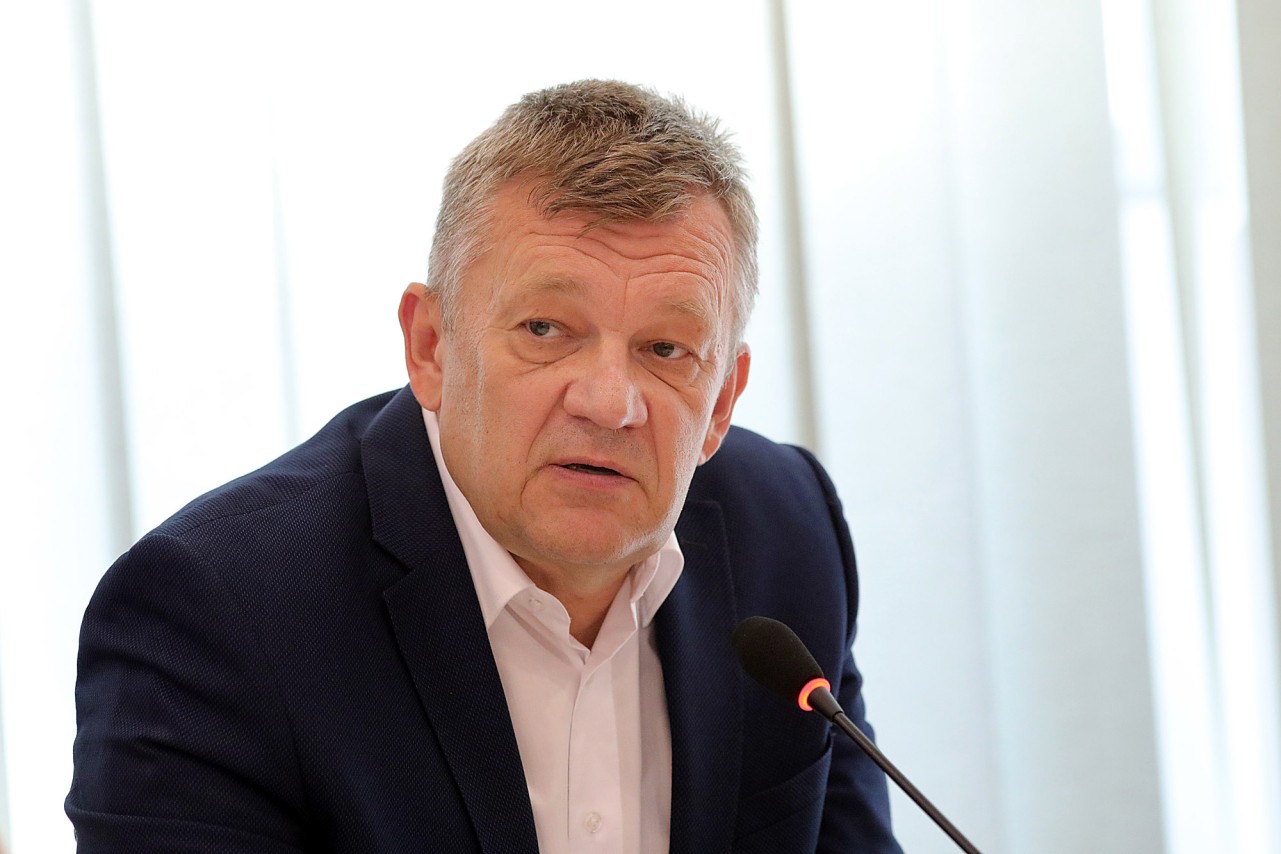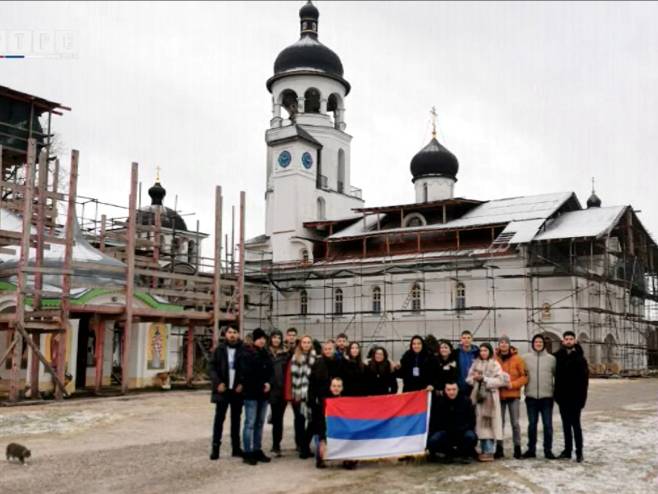The expansion is one of the most successful policies through which the European Union promotes stability and prosperity across the continent. The opening of accession negotiations is a significant milestone for any country aspiring to join the European Union, marking the start of a structured process where the country prepares to fully adopt the common rights and obligations binding all EU member states.
The entire corpus of EU regulations, known as the acquis communautaire or simply “acquis” (roughly translated as “the European Community’s collective achievements”), encompasses this body of laws.
What Does the Acquis Include?
EU member states have agreed to follow a series of common regulations and pool their sovereignty in key areas they determine to be in their interest. This approach makes them stronger together, more present on the international stage, and contributes to maintaining high standards on important issues such as human rights, the rule of law, democracy, the environment, product safety, anti-monopoly rules, energy, and other areas.
For the purposes of accession negotiations, the acquis is currently divided into 35 chapters. These chapters are thematic, covering areas such as the free movement of goods, workers, services, capital, etc. Each country seeking EU membership is given a rational framework for aligning its legislation with the acquis.
In 2020, the European Commission adopted a revised methodology to make the enlargement process even more credible, predictable, dynamic, and with stronger political guidance.
Under the new methodology, the chapters of the acquis are divided into six clusters (fundamentals; internal market; competitiveness and inclusive growth; green agenda and sustainable connectivity; resources, agriculture and cohesion; external relations). Negotiations on each cluster are opened in entirety once the country meets the opening conditions.
It’s important to note that the cluster on fundamental reforms, which includes the rule of law, functioning of democratic institutions, and public administration, is opened first and closed last. The EU is a Union of values, and fundamental issues are – as their name suggests – the most crucial element of the accession process.
After the European Council’s Green Light, What Are the Next Steps?
Once the European Council gives the green light to start accession negotiations, the next step is harmonizing the negotiating framework, i.e., guidelines and principles for conducting accession negotiations. The European Commission drafts a negotiating framework for the EU and submits it to the Council for adoption. The European Council’s conclusions from March 2024 specified that before adopting the negotiating framework, BiH needs to fulfill all relevant steps set by the European Commission in October 2022 when the candidate status was recommended.
Bosnia and Herzegovina, like any other country opening accession negotiations, must also establish its negotiating structure, mandate, and framework. Primarily, decisions need to be made regarding: 1) coordination between executive bodies, 2) the role of the Parliamentary Assembly of BiH; 3) involvement of external experts, civil society, and the business community; 4) transparency and communication strategy.
It is crucial for Bosnia and Herzegovina to appoint a chief negotiator, who leads a team of non-partisan experts and is selected by consensus. Accession negotiations require the country to harmonize common internal positions and speak with one voice.
The negotiating framework is adopted by both sides at the first Intergovernmental Conference between EU member states and the candidate country. This formally begins the accession negotiations.
How Prepared is BiH for EU Membership? How Aligned is it with the Acquis?
The level of Bosnia and Herzegovina’s alignment with the acquis and its readiness for EU membership in various policy areas were assessed in the Commission’s Opinion on its membership application from 2019 and in the accompanying Analytical Report, and subsequently evaluated in annual progress reports. The latest Report on BiH was published in November 2023.
EU in BiH
The first step in the accession negotiations entails the European Commission conducting a formal analysis of compliance (screening) together with the country that has applied for EU membership.
This evaluates how prepared the country is for EU membership according to the chapters of the acquis and according to clusters. Bosnia and Herzegovina is expected to present its program for adopting the acquis to the European Commission as part of the screening process. The screening process will also give preliminary indicators of issues that will arise during negotiations.
The findings of the screening are published in the Screening Report, which provides an analytical framework for the negotiations.
How Long Do Accession Negotiations Last?
The EU accession process involves multiple stages, including establishing a negotiating framework, an Intergovernmental Conference to open negotiations, the screening process, conditions for opening, negotiations by clusters or chapters, the Commission’s Opinion on readiness for membership after negotiations conclude, consent of the European Council and European Parliament for admitting the applicant country, and ratification of the accession treaty in each EU member state.
While there are several steps, the timeline for fulfilling each milestone depends solely on the country’s capacity and willingness to make strides.
What Support Does the EU Offer During Accession Negotiations?
In her annual State of the Union address from September 2023, European Commission President Ursula von der Leyen spoke about the need to respond to the “historic call” by completing the European Union through enlargement. As the most consistent and loyal partner to Bosnia and Herzegovina, which has also provided the most significant assistance, the EU remains committed to supporting Bosnia and Herzegovina’s progress on its European path and in meeting the criteria for membership.
Support will continue in the form of financial assistance, technical support, and strategic consulting. Bosnia and Herzegovina can also benefit from the Western Balkans Growth Plan, which allocates more than 2 billion KM for the country, alongside key reforms that will stimulate investments, growth, and jobs. Within the Growth Plan, Bosnia and Herzegovina will have the opportunity for stronger integration into the single European market, bringing significant benefits to the economy and citizens.
Source: RTRS









